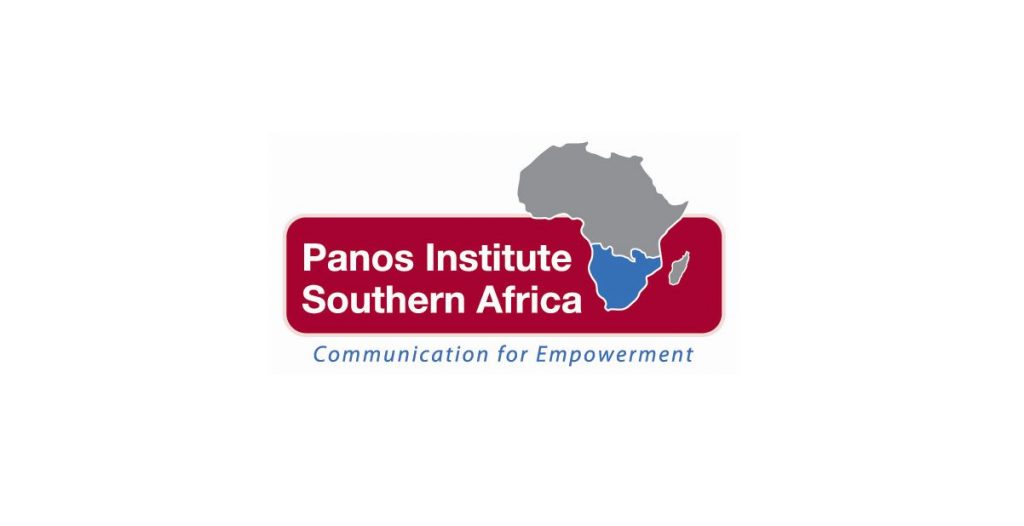
Panos condemns threats against journalists in Southern Africa
Lusaka, 05 July 2017:
Panos Institute Southern Africa (PSAf) stands in solidarity with media practitioners in some Southern African countries who are struggling to carry out their duties because of threats and intimidation from those who are unsettled by the media’s coverage of certain issues.
In the last few days, we have received with great concern numerous reports of journalists being threatened for simply carrying out their duties, or being censored from covering certain sources.
One of the most disturbing infringements against the freedom of the media was in South Africa, where members of the Black First Land First movement threatened to deal with some media practitioners it labelled as “racists masquerading as journalists”. On Thursday, the movement accused journalists Peter Bruce, Sam Sole, Adriaan Basson, Stephen Grootes, Max du Preez, Barry Bateman and Alec Hogg of being “white racists that masquerade as journalists, in defence of white monopoly capital”. The movement further referred to respected media professionals Ferial Haffajee, Carima Brown, Eusebius McKaiser as “black journalists who mimick these white agents of white monopoly capital, such as Ferial Haffajee, Carima Brown, Eusebius McKaiser”.
In Malawi, George Kasakula and Brian Banda of the Times Media Group were summoned by the Malawi Communications Regulatory Authority (MACRA) after they raised a number of critical issues. While we respect MACRA’s constitutional mandate to regulate media and communications in Malawi, we view the summoning of Banda and Kasakula as an attempt to silence critical voices. Instead of targeting the journalists and attempting to silence journalists for bringing out issues of public interest, the MACRA should encourage the stakeholders mentioned in the media content to respond to the issues raised. We view the summoning of Kasakula and Banda as a way of shooting the messenger without bothering to address the contents of their message.
As an organisation that works to amplify voices of the poor and marginalised, we believe that threats against the media, regardless of their size, nature or source are an affront to freedom of expression. The media has an important role in facilitating access to development information by the poor and marginalised. When journalists are threatened and hindered from carrying out their responsibilities, citizens who rely on those media platforms are deprived of information. This is an infringement on the citizens’ right to seek and receive information through platforms of their choice. These threats do not only go against the basic principles of freedom of expression the media, and infringe on citizens’ freedom to access information on development issues through platforms of their choice.
We call on all governments and other stakeholders in the SADC to put in place deliberate measures to protect media practitioners from threats and intimidation. PSAf will continue to work with media bodies and human rights actors to contribute to the creation of an environment where the media can freely carry out its responsibility of informing, educating and entertaining citizens without fear. For democracy to strive, there is need for all voices to be allowed to be heard and for the media to be allowed to work in the environment that brings out the best in them.
Issued by:
Lilian Saka Kiefer
Executive Director, Panos Institute Southern Africa (PSAf)
Email: general@panos.org.zm, Tel: +260978778148/9